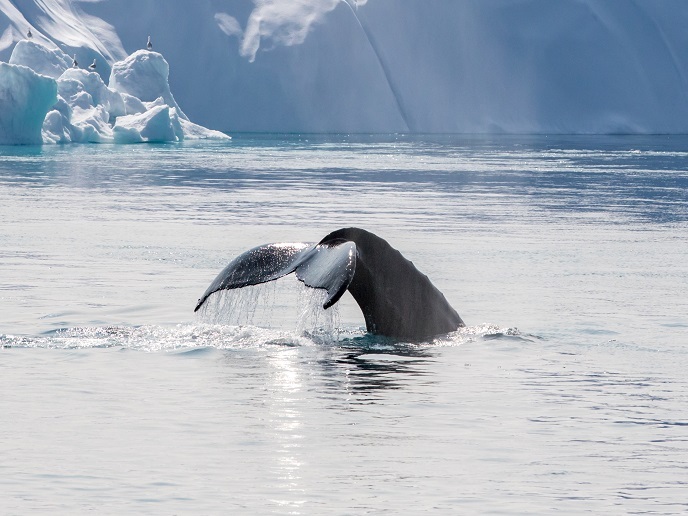Climate change and ocean fisheries – the full story
Oceanic conditions such as temperature show decadal and even multi-decadal oscillations that affect fish and ecosystems overall. Global warming is intensifying these effects and fishery managers will face an even bigger challenge in trying to develop sustainable exploitation strategies. As knowledge of the overall impact on fish resources is still very limited, the 'Resolving climatic impacts on fish stocks' (Reclaim) project completed a comprehensive study that will improve the predictive capacity of future research initiatives in this critical area. Reclaim scientists investigated trophic processes, geographical distributions and habitat requirements of fish and shellfish in a strategic fishing zone, the northeast Atlantic. Reclaim researchers focused on the two key oceanic components – physical and ecological. Changes in salinity, acidity and temperature of the water were modelled using the general circulation model (GCM). Reclaim further refined data modelling to improve future simulation accuracy. Furthermore, study of species' eco-physiology as well as life history changes and effects of climate and fish population created important data for future planning. There was plenty of evidence of links between climate and fish population. Climatic impact is more profound on benthic (bottom-dwellers) than pelagic (surface inhabitants). Life history studies showed that prey abundance at both early and late life-cycle stages was a critical environmental factor. Against all the odds, the adaptive capacity of fish to environmental changes can mitigate some of the possible impacts and this will be the subject of future studies. The Reclaim study not only shed light on the future ecological state of our oceans but provided a basis for crucial forecasting of changes to commercial fisheries and regional economies.







